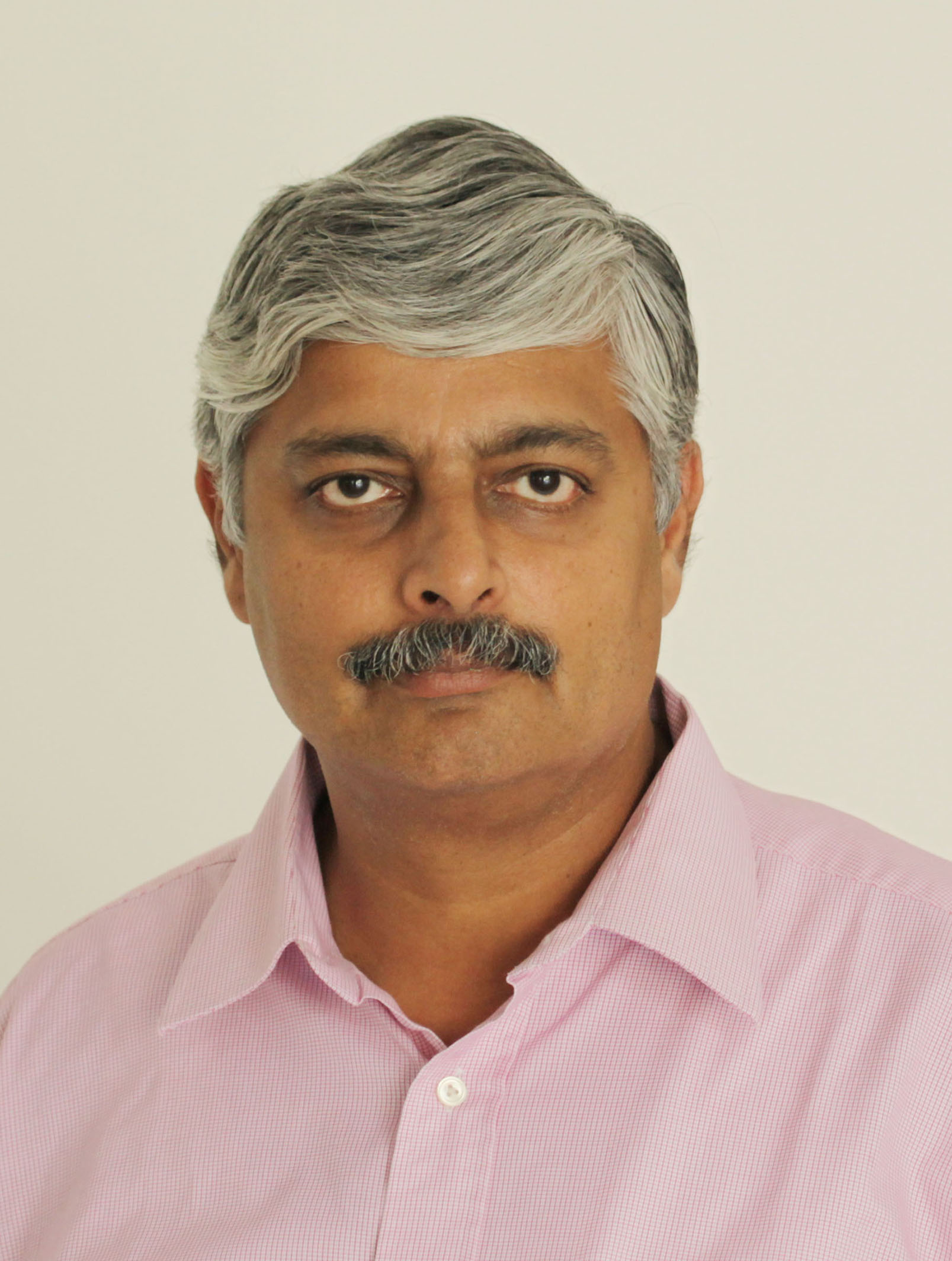Grupo de Comisión de la UICN
Grupo de Especialistas en Elefantes Asiáticos de la CSE de la UICN

Resumen y descripción
- Descripción:
-
La caza furtiva es una de las principales amenazas para los elefantes en Asia, aunque las estimaciones fiables sobre el número de elefantes matados y las cantidades de marfil y otras partes del cuerpo ...
Liderazgo de grupo
Mr Vivek MENON
Chair
Vivek Menon is a leading Indian wildlife conservationist, environmental commentator, author, photographer and policy think tank with a passion for elephants. Founder of five environmental and…
Un vistazo
Nombre oficial:
Grupo de Especialistas en Elefantes Asiáticos de la CSE de la UICN
Asociados a la Comisión:
Contact:

